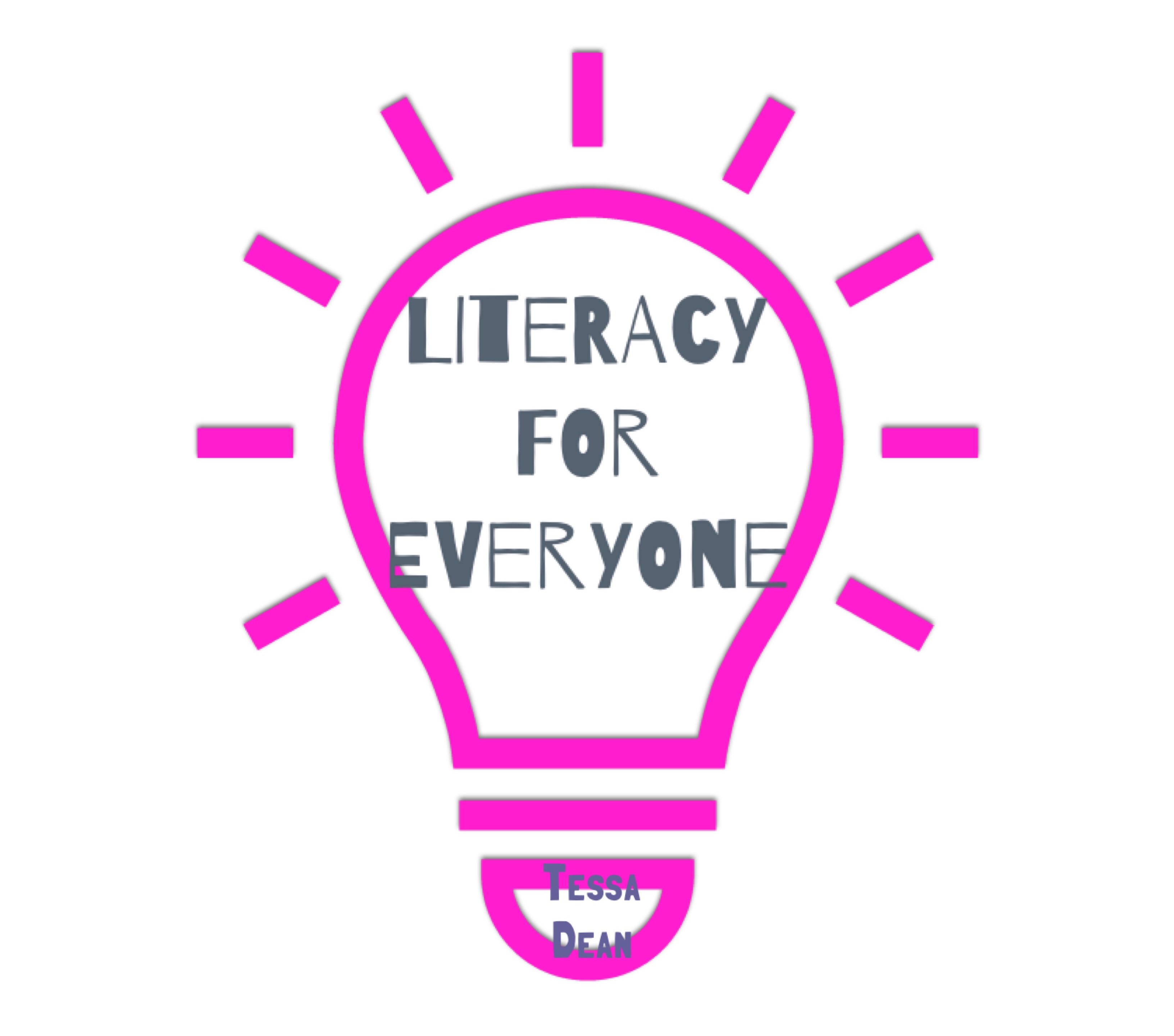For some reason, accountability has gotten a negative connotation. “You will be held accountable” sounds like a threat, when truthfully, it’s the reality. Whether you have an adverse consequence or opportunity cost, not being accountable never goes unnoticed. (It’s like karma, it may take a while, but usually comes back to bite.)

To help my students with this life skill, and to aid my classroom management, I assign everyone “Accountability Partners.” APs…or some call them Motivation Buddies…Like what the Sunday school teachers do.
First
I spend the first week of school observing my students. To build class culture and help students see different perspectives, I purposefully assign APs based on opposites. This of course means I have to get to know the kiddos…which is why I wait at least a week before bringing in the AP element. If one student is outgoing and boisterous as a primary trait, I try to assign him/her a quiet introvert. If one student is Type-A organized, I try to pair him/her with a laid-back, messy, go-with-the-flow kid. The best pairings come from a socially awkward student with a student well versed in the social game with lots of interpersonal skills to model. Sometimes I look at academic strengths/weaknesses to find a balanced pair, but it’s mostly about personality traits.

Next
I give the students a lot of “get to know you” assignments that serve two purposes:
1. To teach procedures. It’s less stressful to do when difficult content is not involved. So, while students are learning about their AP, I’m using that task as a vehicle to teach things like how to use presentation software, how to use the school printer, how to ask and answer in complete sentences: TTQA, “Turn the Question Around,” how to interview, speaking and listening procedures, feedback procedures…
2. To build trust. The more we know about one-another, the more commonalities we can find and empathy can be developed. They have to get to know the “real” person and not just what their AP wants the outside world to think of them. Trust is required for honesty and vulnerability, which facilitates risk taking- something learning is all about.
Finally
We discuss how accountability partners work and expectations for behavior.
- No one is “in charge” of anyone else. No student EVER “gives” another student a grade. Each person has an equal partnership with the other. (That’s why it’s not called “Boss Buddies.”)
- Student’s primary role is to encourage and uplift their partner, all communication should be positive and any issues should be addressed with the teacher. (We talk about the detrimental impact gossip has on class culture, and how if you’re really trying to help someone you do not confess their sins around the corner…)

- APs check each other to make sure planners are filled in, assignments have names on them, absent work is gathered, notes are taken, binders are organized, partners are on task, procedures are known, help give feedback and reflection, and try to recognize when they can be of assistance to their AP.4. It’s not about being responsible for the AP, it’s about that gentle reminder, supporting each other, learning strengths/weaknesses about oneself, gaining a different perspective, and empowering independence.
- It’s not about being responsible for the AP. It’s about a gentle reminder, supporting each other, learning how to capitalize on personal strengths and find strategies to lessen weaknesses, gaining a different perspective, and empowering independence.
- As the leader of the classroom, the teacher models accountability daily- being on time, being prepared, having a positive outlook and professional demeanor, appreciating feedback from students, fellow teachers, and administrators. Accountable leaders communicate through words and actions that both the learning journey and the humans doing the learning are valued.
 Got any other ideas or feedback? Drop me some comments below!
Got any other ideas or feedback? Drop me some comments below!
Much love,
TD


